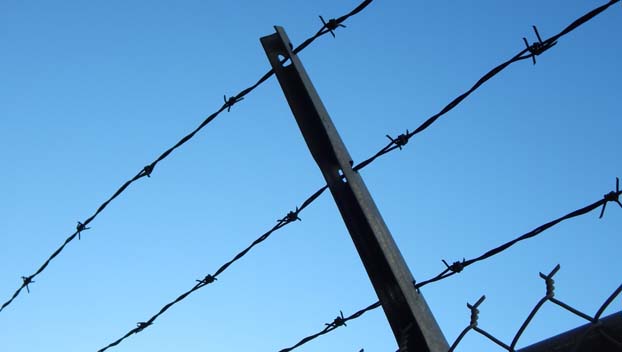Alabama governor: Executions to resume after review of botched attempts
Published 2:32 pm Friday, February 24, 2023
An internal review of Alabama’s execution procedures is complete and the state will resume lethal injections, Gov. Kay Ivey announced Friday.
The governor initiated the review in November after three lethal injections were aborted because of problems with intravenous lines. Alabama Corrections Commissioner John Hamm told Ivey in a letter shared with news outlets that his staff is ready to resume executions.
Hamm said the prison system is adding to the pool of medical professionals, ordered new equipment and has conducted rehearsals. The Alabama Supreme Court, at Ivey’s request, last month issued a ruling that gives the state more time to carry out a death sentence by allowing the warrants that authorize executions to last for longer than 24 hours.
In a Friday letter to Alabama Attorney General Steve Marshall, Ivey wrote that it is “time to resume our duty in carrying out lawful death sentences.”
“Far too many Alabama families have waited for far too long — often for decades — to obtain justice for the loss of a loved one and to obtain closure for themselves,” Ivey said in the letter, which was also released publicly. “This brief pause in executions was necessary to make sure that we can successfully deliver that justice and that closure.”
Ivey rebuffed requests from faith leaders and advocates to follow the example of Tennessee Gov. Bill Lee and authorize an independent review of the state’s execution procedures. Dozens of attorneys sent a letter to Ivey this week seeking an independent review instead of the internal one she authorized.
“It is preposterous to believe that the agency responsible for botching multiple executions can responsibly and thoroughly investigate itself and suggest remedies to correct its own behavior,” Alison Mollman, Senior Counsel for the American Civil Liberties Union of Alabama said in a statement before Ivey announced the completion of the review.
Ivey announced a pause on executions in November after a third lethal injection failed. Executioners were unable to get an intravenous line connected to death row inmate Kenneth Eugene Smith within the 100-minute window between the time courts cleared the way and midnight, when the death warrant expired.
Hamm said the department reviewed its training for staff and medical workers involved in executions and its legal strategy in litigation; and increased the number of medical personnel utilized by the department for executions and the equipment available to assist them. He said the department also conducted rehearsals and reviewed procedures in other states.
Hamm said the vetting process for the new medical personnel will begin immediately. His letter did not elaborate on what duties those workers will perform or what additional equipment was ordered.
“I am confident that the Department is prepared as possible to resume carrying out executions consistent with the mandates of the Constitution,” Hamm wrote. “This is true in spite of the fact that death row inmates will continue seeking to evade their lawfully imposed death sentences.”
The independent Tennessee review found the state had not complied with its own lethal injection process ever since it was revised in 2018, resulting in several executions that were conducted without proper testing of the drugs used.
A review was also conducted in Oklahoma after the 2014 execution of Clayton Lockett. After the first drug was administered, Lockett struggled on a gurney for 43 minutes before he was declared dead. The review was conducted by a separate state agency from the prison system. It was later learned that members of the execution team had improperly inserted an IV into a vein in Lockett’s groin.





